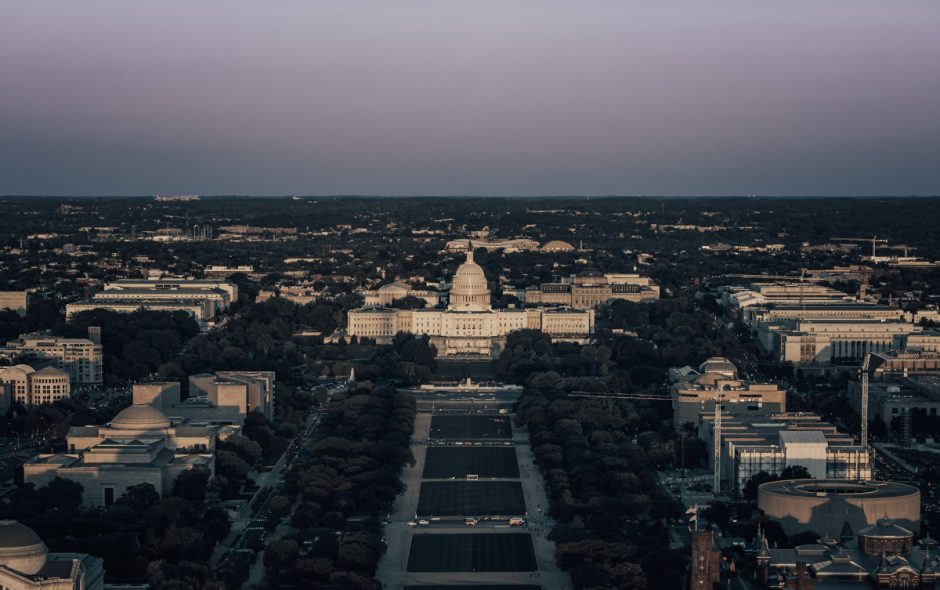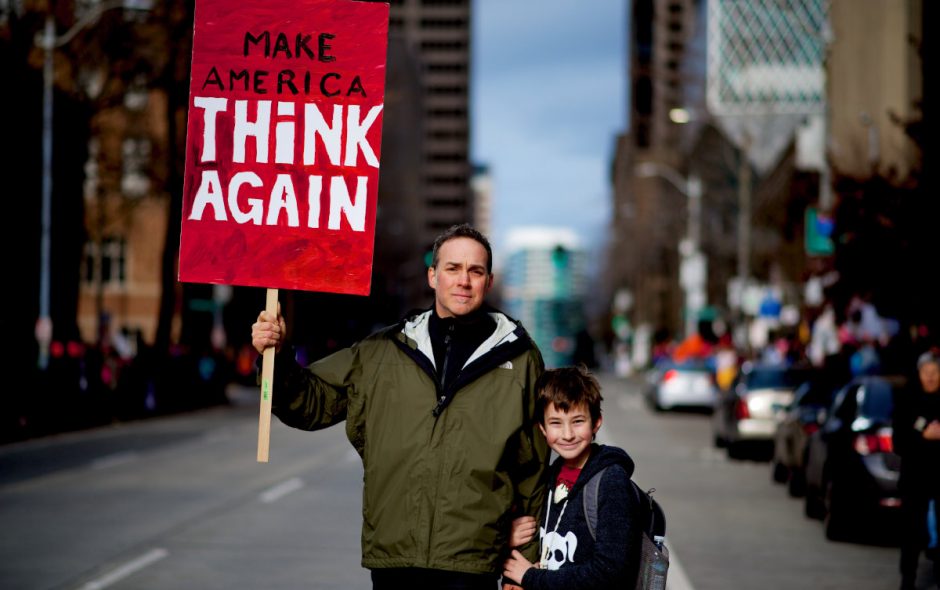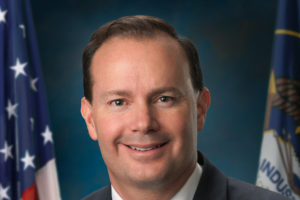Several weeks ago, the US House of Representatives impeached the President of the United States by a close and almost entirely partisan vote. Last week, House Speaker Nancy Pelosi finally held another vote, on a resolution appointing the House managers for the Senate trial and formally sending the impeachment to the Senate. Now the Senators have been sworn in and the rules established, and the trial is beginning.
Meanwhile, and closer to home, I haven’t blogged here in slightly over a year. In case my reasons interest you — they have a lot to do with the present political climate — you’re welcome to peruse another article I’m posting simultaneously, “On Blogging and Not Blogging in the Trump Years.”
I’m looking forward to blogging on other topics, but …
If the proverbial cross between an elephant and rhino is an “elephino,” then this impeachment is … what? A giant elephonkey in the room?” So let’s talk about impeachment generally, and this impeachment specifically. I’ll mention revolution and counterrevolution before we’re done.
Impeachment Is Political
The impeachment we’ve been watching is a political process. That sounds like a bad thing, but it’s important to realize that it’s inherently political. Because of this, some things matter and some don’t, in a procedural sense. I’ll tell you what I mean.











